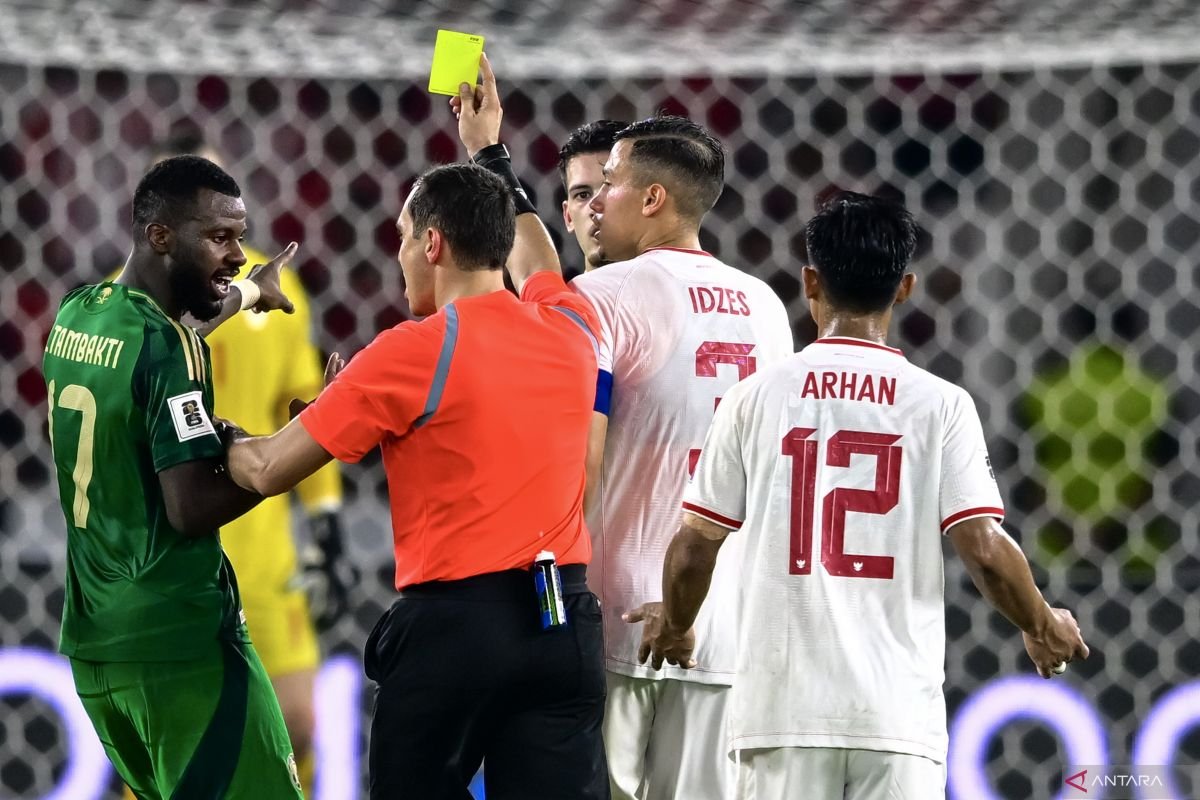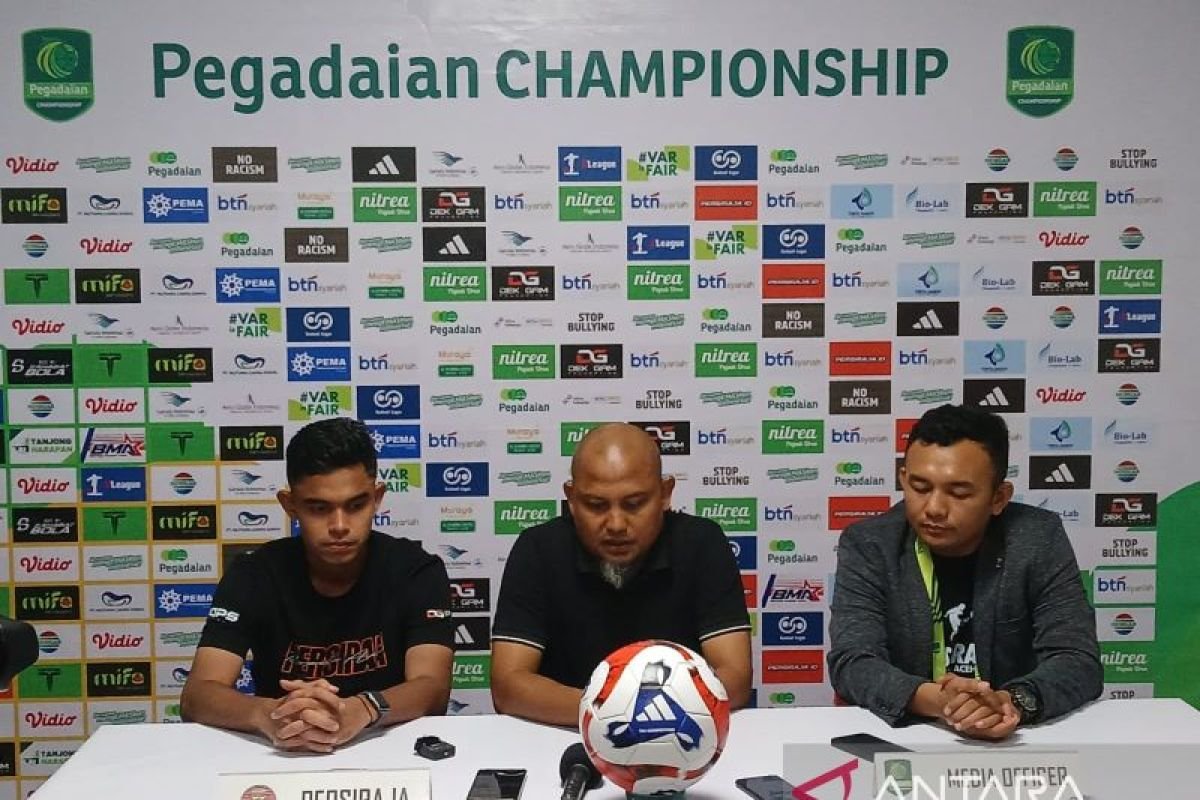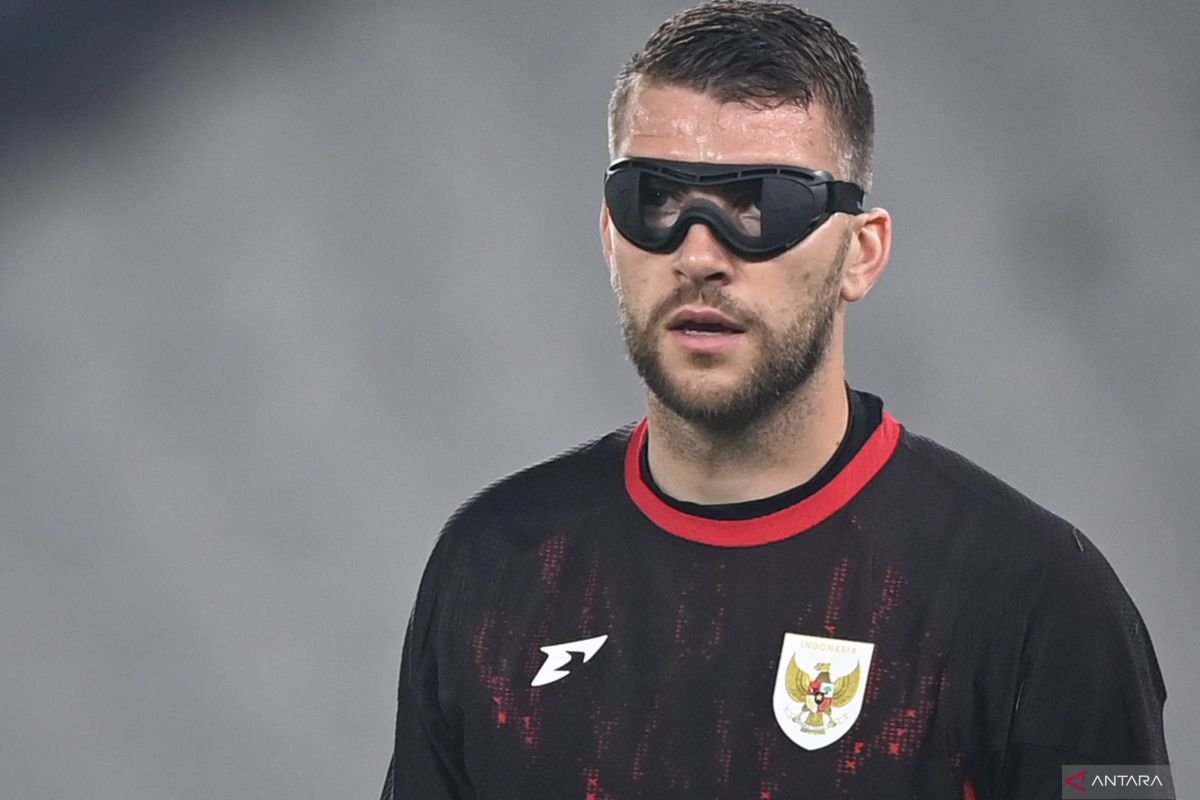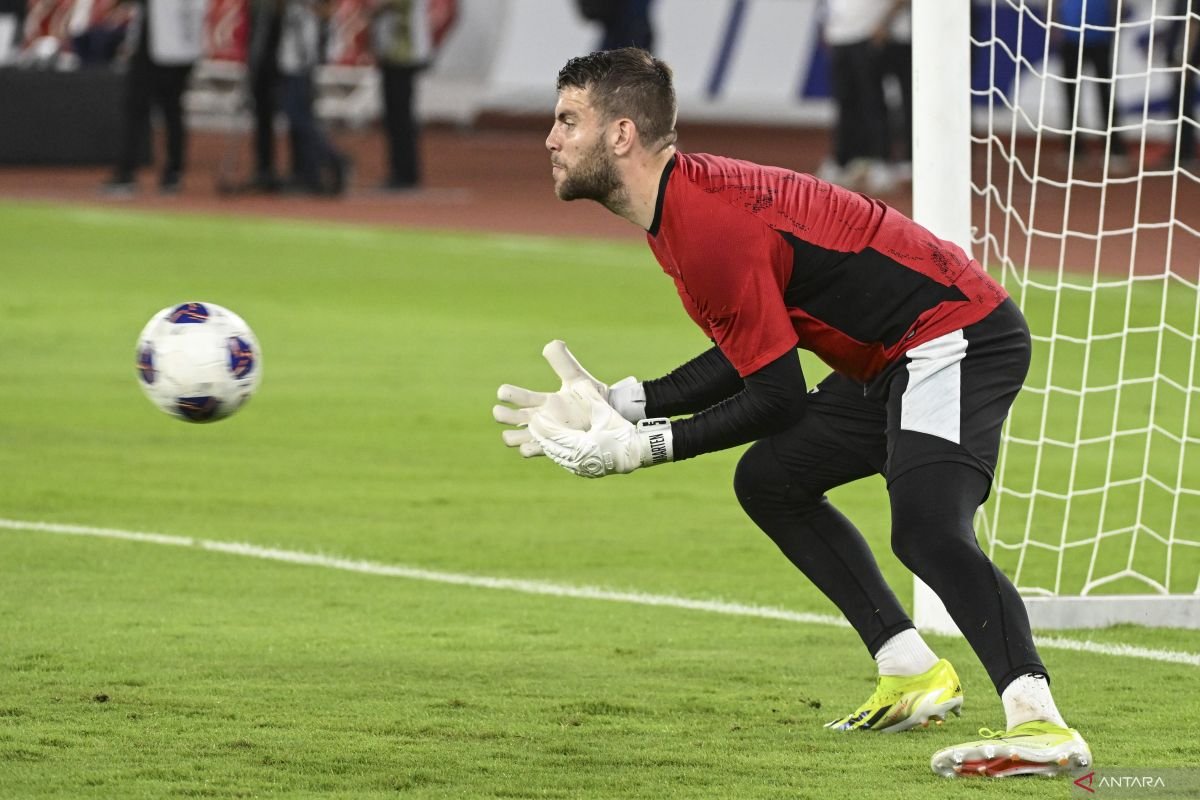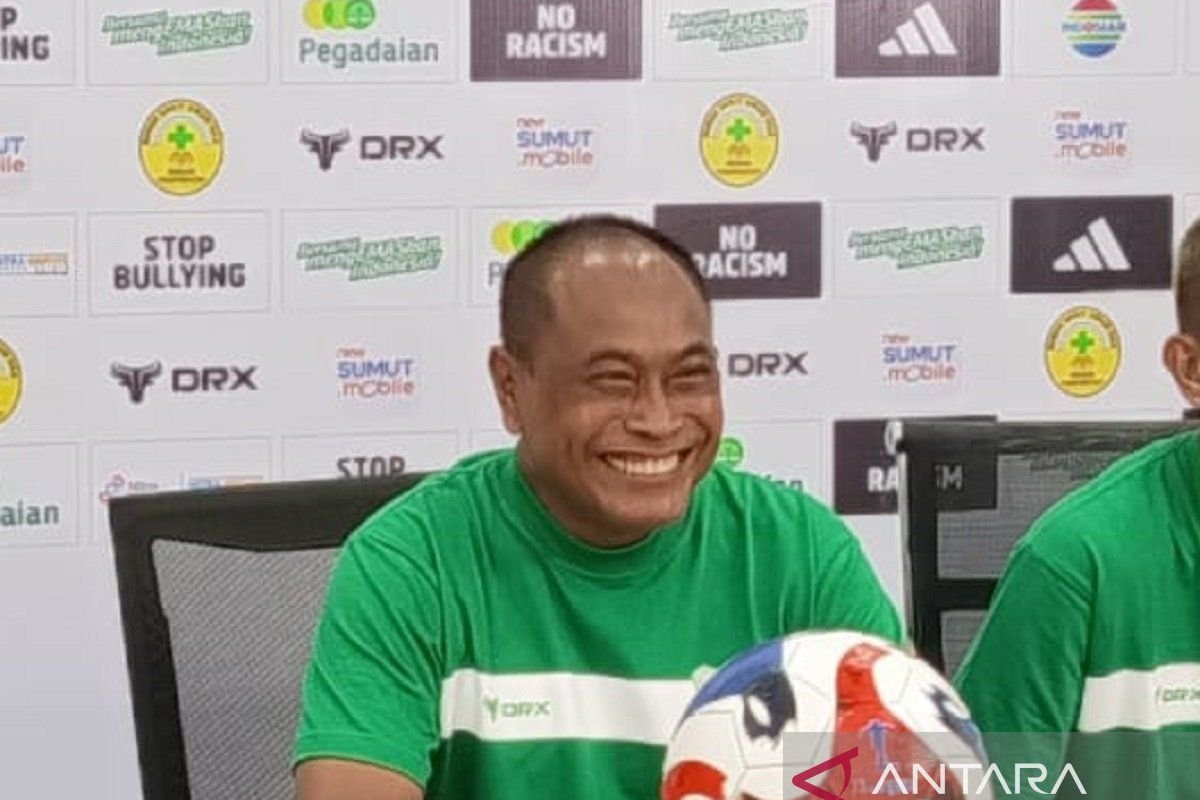Patrick Kluivert’s Commentary on Referee Performance in the Indonesia vs. Saudi Arabia Match
In the world of football, a referee’s performance can often be as decisive as the players on the pitch, and few people understand this nuance better than Patrick Kluivert. The legendary Dutch striker, who had a distinguished career at clubs like Ajax, Barcelona, and AC Milan, as well as the Netherlands national team, recently shared his insights on the officiating during the Indonesia vs. Saudi Arabia match, a highly anticipated fixture in Asia’s football calendar.
Context of the Match
The important clash took place in the context of the AFC qualifications, where both teams were vying for vital points that could shape their pathways to future tournaments. Indonesia, aiming to bolster its emerging football scene, faced a formidable opponent in Saudi Arabia, a nation with a rich footballing history and stronger FIFA rankings.
Kluivert’s Observations
Kluivert, now a respected figure in football analysis and coaching, watched the match closely and highlighted several officiating decisions that he found questionable. According to him, the referee’s ability to manage the game effectively was critical in maintaining the flow and spirit of the match.
-
Consistency in Calls: One of Kluivert’s primary concerns was the inconsistency in the referee’s application of the rules. He noted that crucial decisions, such as fouls leading to free-kick opportunities and penalty appeals, were met with varying levels of scrutiny, which could undermine the integrity of the game. Kluivert emphasized that players need to feel they are playing under a set of clear and fair guidelines, and inconsistency can lead to frustration for both teams.
-
Game Management: Another point raised by Kluivert was the referee’s management of player conduct. The intensity of an international match can heighten emotions, and Kluivert suggested that the referee needed to take a firmer stance on dissent and reckless challenges to maintain control. He urged that a proactive approach was vital to prevent the game from spiraling into chaos, which can harm not only player safety but also the overall experience for fans.
-
Use of VAR: With the introduction of Video Assistant Referee (VAR) technology, Kluivert expressed his belief that the referees should fully embrace the tools at their disposal. In instances where crucial decisions were left unreviewed, he urged the importance of utilizing VAR to ensure that the right calls were made, particularly in matters as significant as offside goals or handball incidents in the penalty area.
Conclusion
Patrick Kluivert’s analysis of the refereeing performance in the Indonesia vs. Saudi Arabia match highlights the ongoing dialogue surrounding officiating in football. As the sport continues to grow globally, the spotlight on referees has never been more intense. As Kluivert aptly points out, the quality of officiating plays an essential role in the development of the game and can greatly influence the trajectory of teams both on and off the pitch.
In an age where technology and public scrutiny shape the beautiful game, the feedback from seasoned players like Kluivert offers invaluable perspective. It reminds us that every facet of football—players, coaches, and officials—contributes to the sport’s rich tapestry and its evolution toward fairness and excellence.





